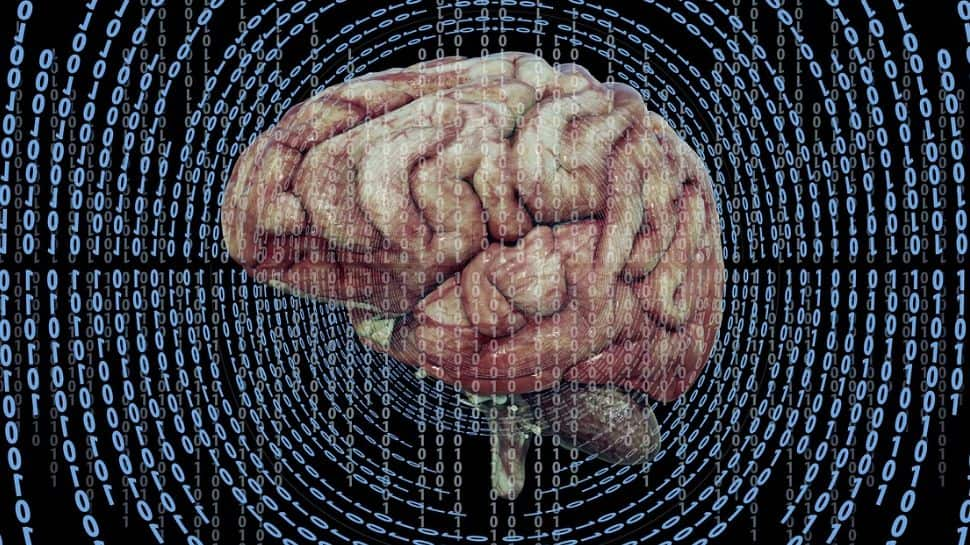Vitamin B12 Deficiency: 5 Symptoms, Warning Signs And Food To Eat - In Pics
Vitamin B12 is an important nutrient that helps in the formation of red blood cells, aids nerve function, boosts brain function, and also provides energy. Vitamin B 12 deficiency can lead to several health problems.
)
Vitamin B12 is a water-soluble vitamin belonging to the Vitamin B-complex family. It is an essential nutrient that plays an important role in the development and normal functioning of our body.

A deficiency of Vitamin B12 is common and can lead to several health problems. Let's check out the symptoms and side effects of Vitamin B12 deficiency and the diet that one should follow.

Vitamin B12 deficiency in the body can impair oxygen delivery and also decrease normal red blood cell production in the body, which causes megaloblastic anemia. This leads to a sense of tiredness and headaches.

Lack of Vitamin B-12 can adversely impact the digestive tract. From diarrhea, nausea, constipation, bloating, and gas to loss of appetite and even weight loss - all these can be indicative of a lack of Vitamin B12 in body.

Experts say it can lead to neurological and hematological issues in the newborn, such as Neural Tube Defects, developmental delays, and anemia.

Are you feeling a sense of discomfort when it comes to your tongue? Pin-like or needling pain, and redness in the tongue can be indicative of Vitamin D deficiency.

Tingling or numbness in hands and feet, imbalance while walking, dementia, and increased forgetfulness is seen with Vitamin B12 deficiency.

Dr Paritosh Baghel, Senior Consultant - Internal Medicine, SL Raheja Hospital Mahim - A Fortis Associate, shares, "Food of animal origin is the natural source of Vitamin B12. Fish, meat, poultry products, dairy products like milk, yogurt, cheese, and fortified foods such as cereals, etc. are rich sources of Vitamin B12."

